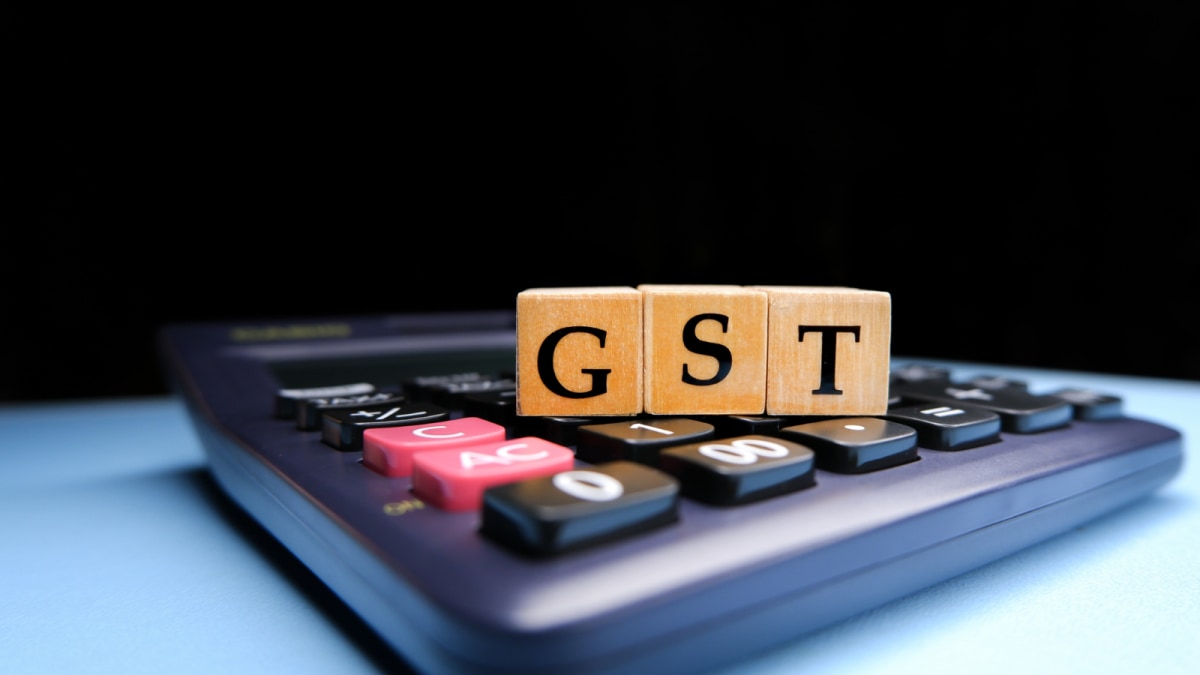Last Updated:
The GST Council, chaired by Nirmala Sitharaman, ensures uniform taxation in India, balancing Centre and state powers, but faces disputes over tax rates and fiscal autonomy

The GST Council ensures uniform taxation across the country.
In India, the Goods and Services Tax (GST) is often described as the biggest tax reform since Independence in 1947. At the heart of this reform lies the GST Council, a constitutional body set up to ensure uniform taxation across the country. More than just a policymaking forum, the Council is a platform where the Centre and states come together to take collective decisions on taxation, decisions that directly impact businesses, markets and the day-to-day expenses of ordinary citizens.
Before GST was rolled out in July 2017, the tax system was fragmented. Each state had its own rules, leading to overlapping levies and increased costs for businesses. Goods would often become more expensive by the time they reached consumers due to multiple layers of taxation. GST was meant to fix this problem by creating a single nationwide tax system, and the Council was entrusted with the responsibility of overseeing its smooth functioning.
Structure And Voting Power
The GST Council’s structure ensures that both the Centre and the states have an equal say. Its chairperson is always the Union Finance Minister, currently Nirmala Sitharaman. Other members include the Union Minister of State for Finance and finance or taxation ministers from every state. One of the states is elected as Vice Chairperson, while the Union Revenue Secretary serves as the Council’s Secretary. The Chairman of the Central Board of Indirect Taxes and Customs (CBIC) is a permanent invitee. The Council’s secretariat is based in Delhi, with the Centre bearing all operational expenses.
Voting rights are distributed carefully to maintain balance. The Centre holds one-third of the votes, while all states collectively hold two-thirds. Importantly, no decision can be passed unless 75 percent of the votes are in favour. This means that neither the Centre nor the states can push through decisions unilaterally, a system designed to preserve India’s federal structure.
What GST Council Decides
The GST Council’s responsibilities go beyond just setting tax rates. It decides which goods and services should remain tax-free, what exemptions small traders should get, how to handle compensation to states for revenue loss, and whether additional levies should be imposed in case of major national crises or natural disasters. Even the long-debated decision of when to bring petroleum products like petrol, diesel and natural gas under GST lies in the hands of the Council.
Disputes And Controversies
Although the Council was created to ensure consensus, disagreements have been frequent. The Supreme Court clarified in the Mohit Minerals case (2022) that the Council’s recommendations are not binding. This means that states retain the freedom to accept or reject them, a feature that has often led to tension.
Revenue loss has been one of the biggest sticking points. For example, when GST was launched, the Centre promised to compensate states for five years for any shortfall in collections. This period ended in June 2022, leading states like Kerala and Chhattisgarh to demand an extension or a revision in the revenue-sharing formula. The Centre rejected the demand, sparking political friction.
Another major flashpoint came in 2019-20 over lottery taxation. Previously, state-run lotteries were taxed at 12 percent, while those run by private operators from outside states attracted 28 percent. The Council decided to impose a uniform 28 percent rate on all lotteries. States such as Kerala, Punjab and several northeastern states, which depend heavily on lottery revenue, strongly opposed the move. Despite protests, the uniform tax was enforced, though resentment still lingers.
Even earlier, when GST was being conceptualised, states like Tamil Nadu and Bihar had opposed the idea, fearing erosion of fiscal autonomy. Jammu and Kashmir too was initially reluctant to implement GST in 2017.
GST Rate Rationalisation
One of the most contentious debates now brewing is the proposal to simplify GST slabs. Currently, there are four major slabs – 5, 12, 18 and 28 percent. The Centre has suggested reducing them to just two, 5 percent and 18 percent. The proposal also includes lowering taxes on cement, packaged juice, carbonated drinks and readymade garments priced above Rs 1,000.
However, many states, including Karnataka, have opposed the plan, warning that it could lead to losses running into thousands of crores. Karnataka’s finance minister recently remarked that GST is a federal system and no decision can be taken unilaterally. Due to lack of consensus, the issue has been deferred to the Council’s September 2025 meeting.
Why It Matters To Citizens
For ordinary people, the Council’s decisions often translate directly into inflation or relief. A reduction in tax rates can make everyday essentials cheaper, while any hike immediately reflects in higher prices. In times of crisis, such as during the Covid-19 pandemic, the Council has provided relief by lowering rates on critical supplies like oxygen concentrators and vaccines.
Over the years, the GST Council has also implemented measures like the e-way bill, e-invoicing, and lower tax rates on electric vehicles and affordable housing, steps aimed at boosting compliance and promoting economic growth.
The concept of GST had been under discussion since the early 2000s. However, implementing it required amending the Constitution. It was only in 2016 that Parliament passed the necessary amendment, paving the way for the Council’s creation. The GST Council was officially constituted on 12 September 2016, and its first meeting was held soon after. Less than a year later, on 1 July 2017, GST was rolled out nationwide.
Read More








